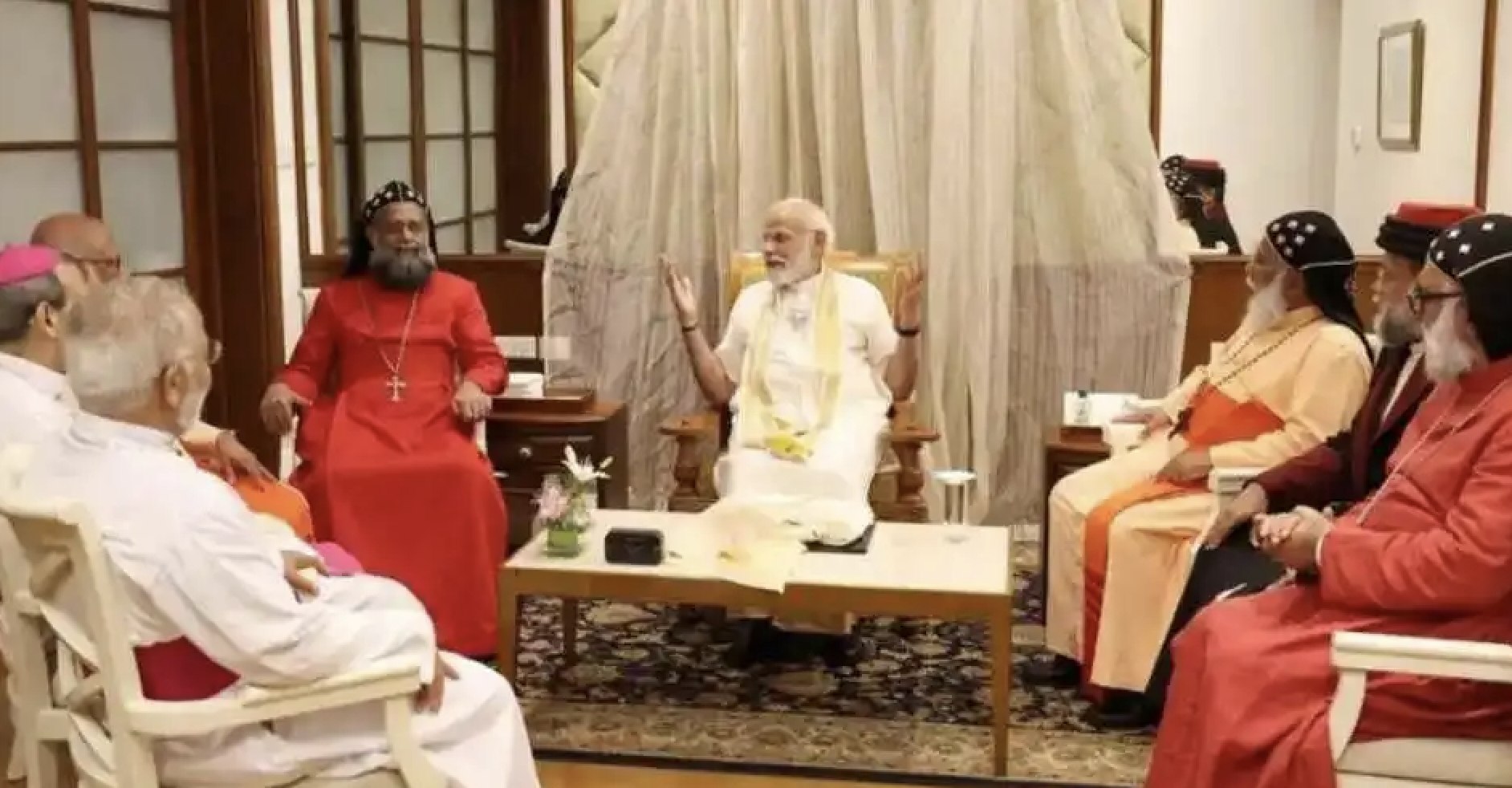
The often-quoted phrase, “Who will tie the cat?” aptly encapsulates the crisis of ecumenism in India today.
Amid an increasing anti-Christian atmosphere under the shadow of Hindu majoritarianism, the body of Christ in India bleeds, not only from external wounds but also from self-inflicted fractures.
Indian Christians, though a minority of 2.3 percent in a population of 1.4 billion, represent a mosaic of traditions: the ancient St. Thomas Christians claiming Apostolic history, Roman Catholicism shaped by Portuguese mission, Protestant denominations introduced by Western missionaries, and the 20th-century Pentecostal movements.
The question is no more about Christian diversity or unity nor the threat to their survival amid Hindu majoritarianism. The vital question is about their moral accountability: If the Church is the embodiment of Christ, how does its fragmentation compound His suffering in a time of crisis?
We need to critically examine the historical, theological, and socio-political dimensions of ecumenical failure in India, arguing that without confronting internal divisions, the Christian community risks further marginalization.
Christianity’s arrival in India is traditionally dated to the St. Thomas mission in 52 AD. The ancient Syrian Christians, based in present-day Kerala, integrated into local caste structures and maintained distinct liturgical practices until Portuguese missionaries imposed the Latin rite system on them in the 16th century, sparking rebellion.
This story was originally published in ucanews.com. Read the full story here.

